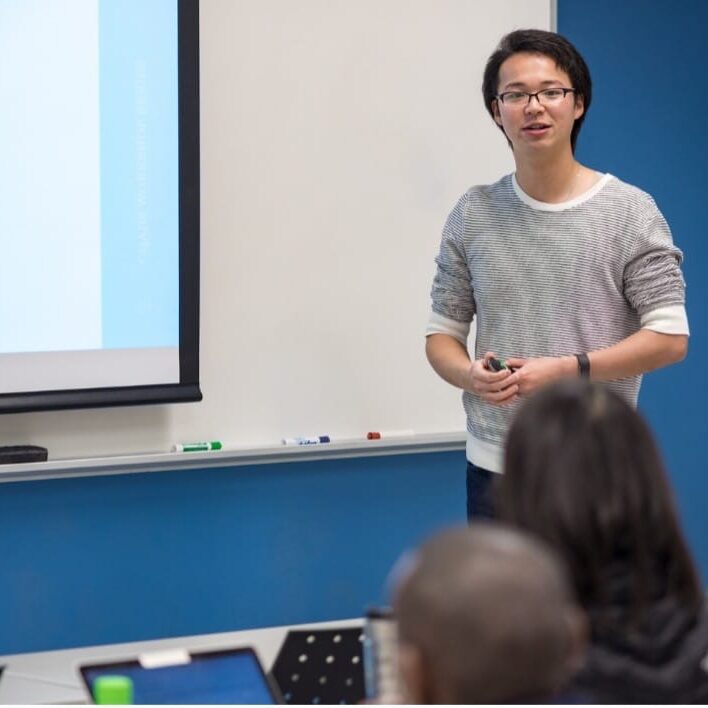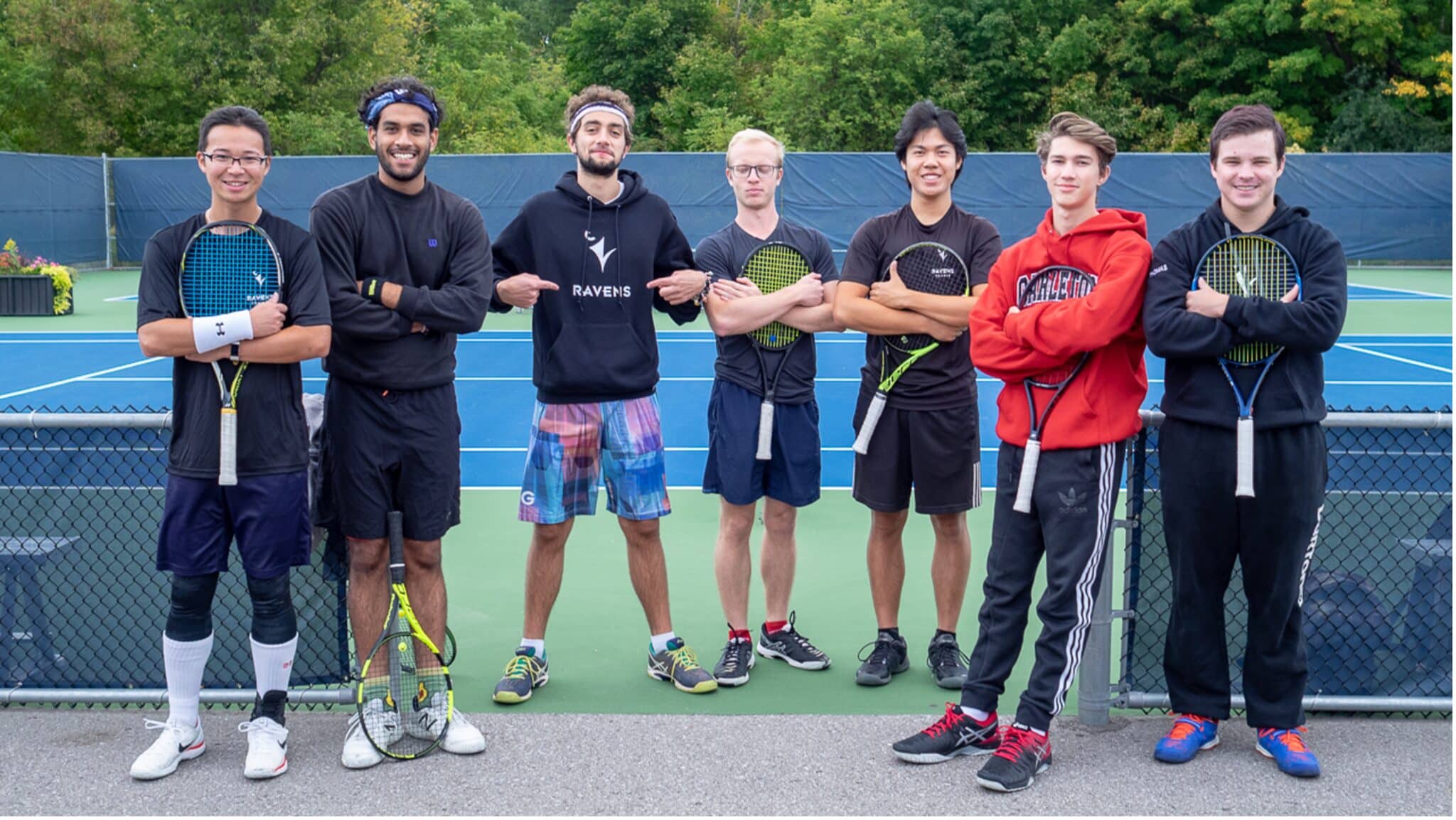
Dr. Shintaro Hagiwara
PhD, MSc, BMath
Risk Analyst, Statistician
Joined RSI in 2018
- Over 10 years of experience in statistical consulting
- Designed and programmed risk assessment tools available for public use
- Co-authored various peer-reviewed journal articles and technical reports
Dr. Shintaro Hagiwara is a Risk Analyst and Statistician at Risk Sciences International (RSI), where he contributes cutting-edge statistical insight to risk assessments, particularly in chemical safety and public health. Since joining RSI’s technical team in 2018 and transitioning to a full-time role in 2023, he has applied his deep quantitative knowledge to building theoretical foundations and developing statistical software. Notably, he created the database-calibrated assessment process (DCAP) and the enhanced value-of-information (VOI) framework to aid in evidence-based regulatory decision-making, both of which have been reviewed by the Board of Scientific Counselors (BOSC). His applied statistical work provides assessments and tools to derive PODs for chemicals such as inorganic arsenic and fluoride to support both Canadian and international regulatory bodies.
Two of Dr. Hagiwara’s signature contributions lie in his development of a VOI framework tailored to assess the trade-offs among uncertainty, cost, and timeliness in toxicity testing—offering regulators a formalized tool to compare testing strategies not only in terms of scientific value but also operational and societal return on investment. The DCAP software currently enables users to assess human health toxicity values for over 1,000 chemicals for which traditional toxicity studies are available, but authoritative human health assessments are lacking. The DCAP software is publicly available at https://github.com/USEPA/toxvaldbmain.
Pre-RSI
Dr. Hagiwara completed his B.Math, M.Sc., and Ph.D. in Statistics at Carleton University, working under the joint supervision of Dr. Daniel Krewski and Dr. Patrick J. Farrell. His graduate research focused on the derivation of regulatory-relevant statistical modeling and experimental design. Through his M.Sc. thesis, Dr. Hagiwara developed optimal experimental designs to obtain points-of-departure (PODs) using signal-to-noise crossover dose (SNCD), while his doctoral research extended these principles to quantitative high-throughput screening (qHTS), a rapidly evolving alternative to traditional animal toxicity testing. He also formally incorporated the concept of timeliness into VOI analysis, enabling regulators to weigh the benefits of obtaining additional toxicity information and the disbenefits of associated delays in their decision-making.
During his time at Carleton University, Dr. Hagiwara served as a research assistant, teaching assistant, and statistical consultant at the Centre for Quantitative Analysis and Decision Support (CQADS)—a consulting firm within Carleton University. These roles cultivated his talent for translating complex statistical thinking into actionable insights across various domains, including the development of failure models for nuclear waste infrastructure, bias assessment for artistic swimming scoring systems, and fire department sick-leave analysis.
Publications associated with Shintaro Hagiwara
A Framework that Considers the Impacts of Time, Cost, and Uncertainty in the Determination of the Cost Effectiveness of Toxicity-Testing Methodologies.
A value of information framework for assessing the trade-offs associated with uncertainty, duration, and cost of chemical toxicity testing.
Systematic review of epidemiological and toxicological evidence on health effects of fluoride in drinking water.
Using data on the uncertainty of LOAELs to model the probability of observing adverse effects in low-dose studies of the toxicity of chemical mixtures.
Database-calibrated toxicity values for human health assessment based on existing toxicology data for one thousand chemicals.
Search all publications
RSI News associated with Shintaro Hagiwara
Value of information
Outside RSI
Shintaro brings discipline and precision not just to data, but to sport. As a long-time competitive tennis player, he was a proud member of the Carleton University Competitive Tennis Team in 2018. He also has a passion for science communication, often giving lectures and workshops to make statistical thinking more accessible. His past presentations have included topics such as Artificial Neural Networks and Naïve Bayes Classification—delivered in an engaging and practical style that resonates with a diverse audience.
Whether optimizing health-based decisions or cross-court volleys, Shintaro blends rigor with approachability, earning trust from collaborators, regulators, and clients alike.





























